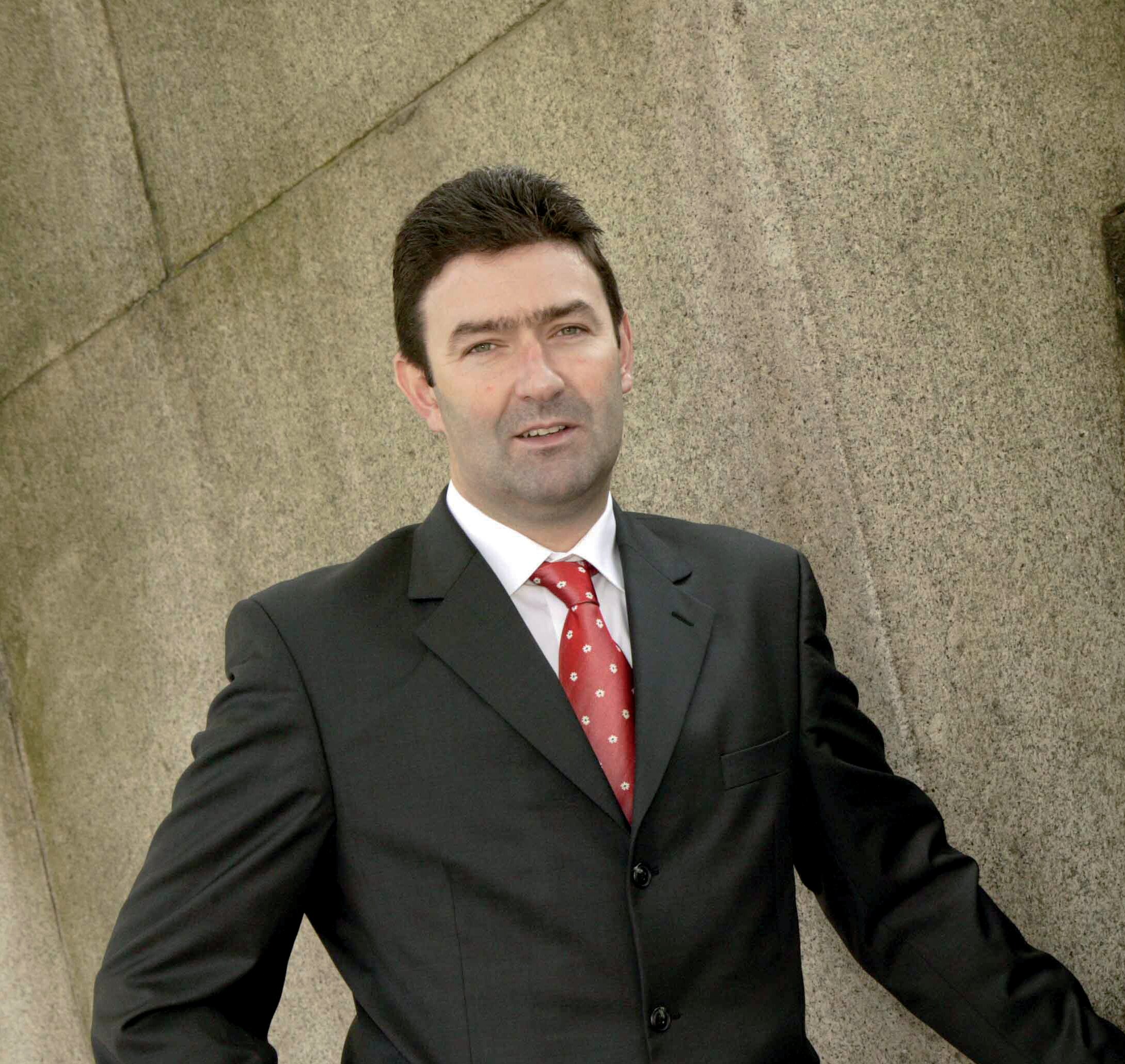Ex-McDonald’s boss fined over £300,000 for ‘misleading investors’
The former chief executive of McDonald’s has been fined over £300,000 for making “false and misleading statements” to investors about the reason he was fired in November 2019.
Steve Easterbrook, who is British, was charged by the US Securities and Exchange Commission (SEC) for violating anti-fraud provisions.
According to the SEC’s order, McDonald’s fired Easterbrook for “exercising poor judgment” for entering an “inappropriate personal relationship” with an employee, which violated company policy.
However, McDonald’s and Easterbrook entered a “separation agreement” that concluded his termination was without cause and allowed him to leave with £32.8m ($40m).
“In making this conclusion, McDonald’s exercised discretion that was not disclosed to investors,” the SEC said.
In July 2020, McDonald’s discovered through an internal investigation that Easterbrook had engaged in other undisclosed, "improper" relationships with additional McDonald’s employees.
According to the SEC, Easterbrook “knew or was reckless in not knowing” that his failure to disclose these relationships prior to his termination would influence McDonald’s disclosures to investors related to his departure and compensation.
“When corporate officers corrupt internal processes to manage their personal reputations or line their own pockets, they breach their fundamental duties to shareholders, who are entitled to transparency and fair dealing from executives,” said Gurbir Grewal, director of the division of enforcement at the SEC.
“By allegedly concealing the extent of his misconduct during the company’s internal investigation, Easterbrook broke that trust with – and ultimately misled – shareholders.”
Without admitting or denying its findings, Easterbrook consented to the SEC’s cease-and-desist order, imposing a five-year officer and director ban, and a £329,000 ($400,000) civil penalty.
McDonald’s was also charged for “shortcomings” in its public disclosures related to Easterbrook’s separation agreement.
The SEC’s order found that McDonald’s violated Section 14(a) of the Exchange Act and Exchange Act Rule 14a-3, and the company consented to a cease-and-desist order.
The fast food giant faced no financial penalty after its “substantial cooperation” with the SEC during the investigation.
Easterbrook had overseen the worldwide restaurant chain as president and chief executive since 2013. He was replaced by Chris Kempczinski.
A trained accountant with Price Waterhouse, Easterbrook is renowned for his extensive experience in the casual dining sector. He first joined McDonald's in 1993, moving into senior management positions at the burger chain's corporate headquarters in Chicago before becoming UK chief executive with responsibility for Sweden, Finland, Denmark, Norway, and Ireland, and in operations and finance.
Easterbrook was widely credited with turning around the McDonald's UK business with a strategy that included a major restaurant redesign and investment in employee training. He became chief brand officer for McDonald's Corporation in 2010, a specially created role that saw him assume responsibility for the McDonald's brand on a global basis.
He left McDonald's for a couple of years in 2011 when he joined Gondola as chief executive of PizzaExpress. A year later he moved to the same role at Wagamama before returning to McDonald's in 2013.
















